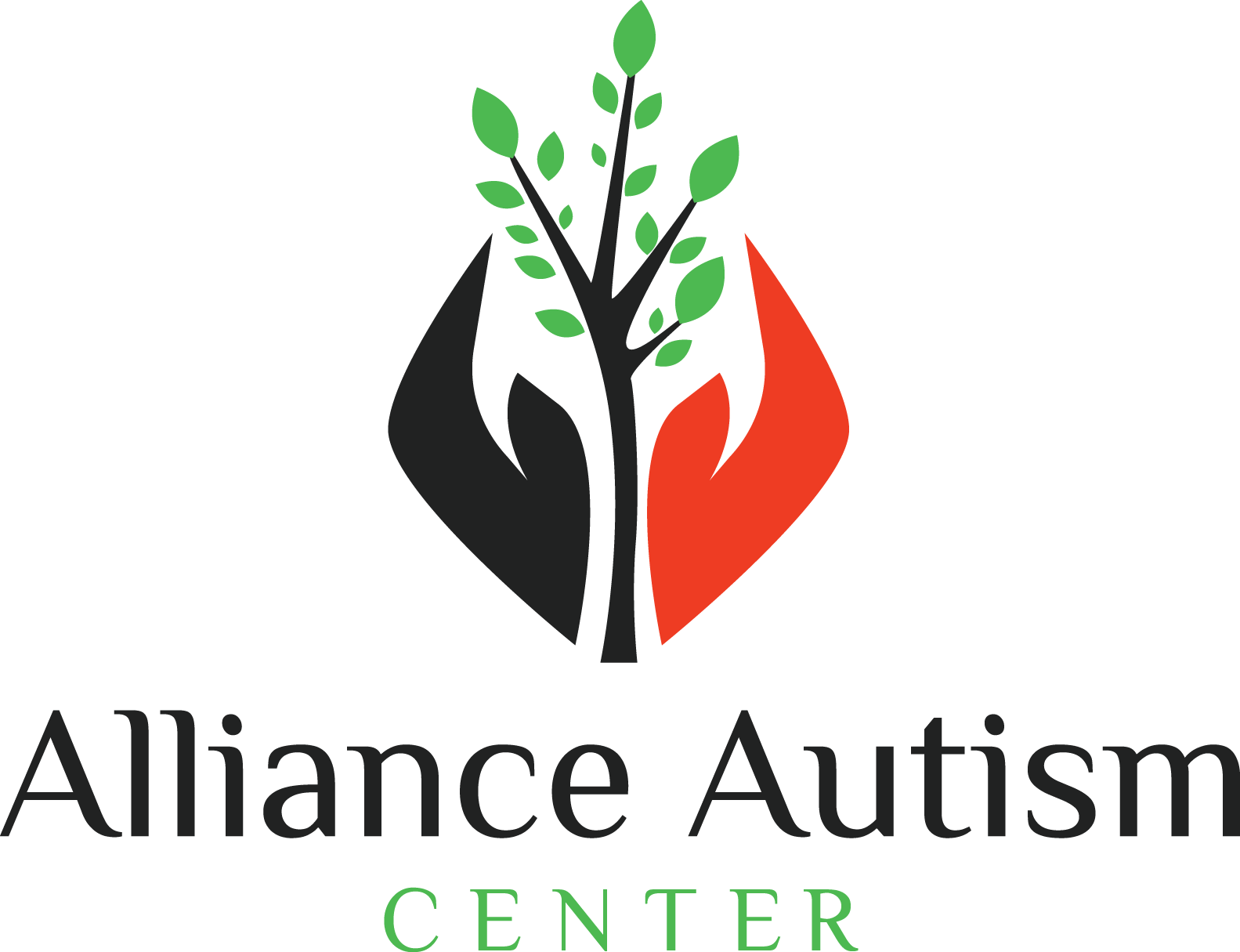What is Autism Spectrum Disorder (ASD)?
Autism spectrum disorder (ASD) is a neurodevelopmental condition that affects communication, social skills, and behavior. It varies widely among individuals, with symptoms ranging from mild to severe. Early diagnosis and support can greatly enhance the quality of life for those affected.
What is EIDBI and how do I get started?
In the state of MN, Early Intensive Developmental and Behavioral Intervention (EIDBI) benefit offers medically necessary services and supports to people under the age of 21 with ASD or related conditions. To get started, you need to speak with your healthcare professional. After a referral, you need to find a clinic to observe your child and write assessment reports (CMDE & ITP).
Are there medical treatments for ASD?
There is no medication specifically for autism, but some medications can help manage symptoms associated with autism, such as anxiety, depression, or hyperactivity. It's important to work with a healthcare professional to determine the most appropriate treatment plan for your child's needs.
Why can't my child learn in a typical classroom?
Your child may struggle to learn in a classroom due to various factors, including differences in learning styles, sensory sensitivities, receptive communication skills, or difficulties with attention and social interactions. Identifying the specific challenges and working with educators and specialists can help create a more supportive learning environment tailored to your child's needs.
Is my child too young for treatment?
Starting treatment early can be crucial because early intervention can significantly impact a child's development and progress. Beginning ABA at a younger age often leads to better outcomes in communication, social skills, and overall functioning. Early support helps address challenges sooner and supports long-term growth.
How is Autism diagnosed in children?
Autism is diagnosed through a series of developmental screenings, behavioral assessments, and evaluations by healthcare professionals. These evaluations focus on communication, social interactions, and behavior patterns.
How do you treat Autism?
There are various supports available, including early intervention programs, special education services, therapy options like speech and occupational therapy, and support groups for families. Finding the right support can greatly improve the well-being of individuals with autism and their families.
Is there a cure for ASD?
There is currently no cure for Autism. However, various therapies and interventions can help manage symptoms and support individuals in leading fulfilling lives. Early diagnosis and personalized care can significantly improve outcomes and quality of life.
What's the difference between ABA and Floor-time?
Floor Time and ABA (Applied Behavior Analysis) are both therapeutic approaches, but they differ in their methods and goals. Floor Time focuses on building emotional connections, emphasizing the child’s interests and natural behaviors. ABA uses structured techniques to teach specific skills and behaviors through reinforcement and systematic interventions.
Do vaccines cause Autism?
No, vaccines do not cause Autism. Extensive research has consistently shown no link between vaccines and autism spectrum disorder. If you have concerns about vaccines, it's best to discuss them with a healthcare professional.

